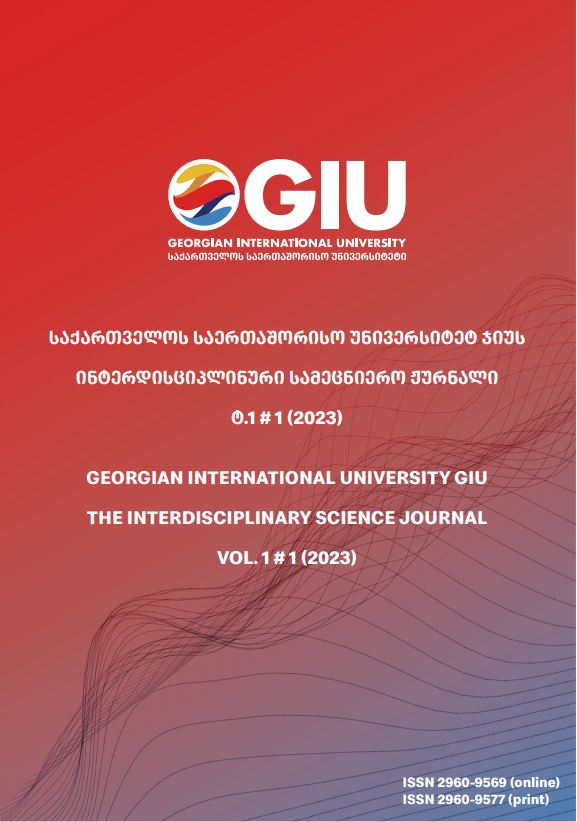McQUAIL'S PROPAGANDA TACTICS AND METHODS IN MASS COMMUNICATION
Main Article Content
Abstract
Propaganda is a form of communication that aims to influence public attitudes toward a cause or position by presenting only one side of an argument. It involves the deliberate sharing of facts, insights and philosophies aimed at changing behavior and stimulating people to action. It is a form of persuasion in which there is an intentional, controlled transmission of one-sided information to the public through mass media. Therefore, mass media and propaganda are inseparable.
Propaganda is usually created by governments, but some forms of mass communication created by other powerful organizations can also be considered propaganda. In contrast to the unbiased delivery of information, propaganda, in its basic sense, is altered information primarily to influence an audience.
Mass media, as a system of dissemination and transmission of information to society, plays a major role in entertaining and informing people with the rules and values that correspond to their social structure.
Propaganda creates conflicts between different classes of society. In today's media-saturated society, the mass media is the main platform and outlet for propagandistic acts aimed at establishing the agenda introduced by the rulers.
Throughout the world, propaganda continues to flourish as one of the best means of managing citizens, and this practice is unlikely to cease in the future. Nowadays, any modern media platform can be used to deliver propaganda to its target audience, such as radio, television, press, movies, music, posters, etc.
Since there is a problem of manipulation of public opinion and dissemination of any type of propaganda in the media space of almost all countries of the world, I decided to choose the mentioned issue as the subject of research.
